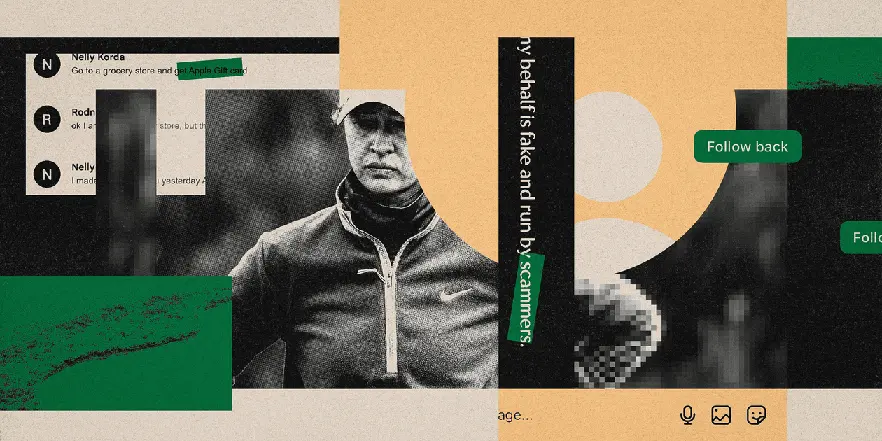T4K3.news
Instagram deception fuels global pigbutchering crypto scam
A fake influencer on Instagram lured men into a non existent crypto, exposing deepfake driven fraud that crosses borders and burdens victims.

An Instagram driven scam uses a fake influencer to lure men into a non existent crypto, exposing deepfake driven cross border fraud.
Instagram deception fuels global pigbutchering crypto scam
A group of men from several countries fell for a classic pigbutchering scam that blends romance with fake crypto. An initial message from a woman who claims to be wealthy and traveling the world begins a slow relationship over WhatsApp. She shares photos, conducts brief video calls, and invites the men to invest in a pretend asset called UAI Coin. The supposed profits vanish as soon as the victims try to withdraw, leaving debts behind and shattered trust.
Investigation by Business Insider shows the same woman appeared under different names in chats with varied victims. When the men compared notes, they learned they had all been speaking to the same person. The real person behind the face is Abe Lim, a Malaysian influencer whose photographs and videos were used by scammers. Lim says she faced threats and harassment after being linked to the scam, while investigators warn that many cases pass without detection due to cross border challenges and platform impersonation accounts.
Key Takeaways
"My money is gone."
Tozal describing the loss after investing in UAI Coin
"There were messages that said like: 'I'll fly down to kill you, track you down and make you pay for what you did.'"
Threats faced by victims after the scam
"It is mentally draining."
Lim describing the harassment and attention after the scam
"Who are you going to sue?"
James from UNODC on liability and accountability questions
This story highlights how fast online fraud can spread when technology meets romance. The use of deepfake and AI powered filters lets criminals imitate real people, making victims drop large sums. The victims' shame and reluctance to report only makes it easier for scammers to operate.
Beyond individual losses, the case raises questions for platforms, governments, and regulators. Deepfakes and impersonation patterns demand stronger safeguards and quicker takedowns. International cooperation is essential because scammers move across borders as easily as the money does.
Highlights
- I lost everything to a fake life online.
- Deepfake faces turned romance into a money trap.
- Trust online is expensive and risky.
- A single photo can ruin a life across continents.
Crossborder and platform risk of online scams
The article describes losses spreading across countries, the use of impersonation and deepfakes, and the difficulty of enforcement across borders. It calls for international cooperation and platform accountability to protect users.
As scams go global, trust online carries a price tag that is hard to ignore.
Enjoyed this? Let your friends know!
Related News

Cybersecurity Weekly Recap

Catfishing scams hit LPGA community

Scammers target pensioners with fake fuel allowance texts

Nigerian prom dresses go global

Swift and Kelce fuel social media storm before New Heights debut

Online networks amplify dysfunctional thinking

Fartcoin gains attention in crypto community

Sanctions tighten on North Korea fraud network
